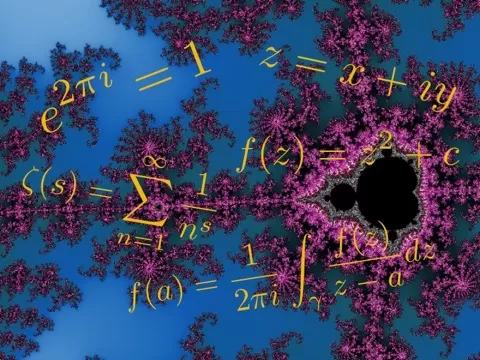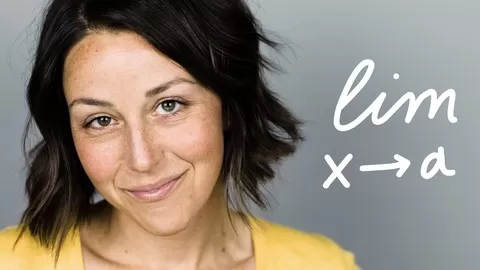Patrick Le Galès, is CNRS Research Professor of Sociology and Politics, at Sciences Po Paris, Centre d’études européennes and he chairs the “Cities are back in town”. He is a corresponding Fellow of the British Academy, a former editor of the International Journal of Urban and regional Research, a past president of SASE (Society for Advanced Socio economics), a trustee of the Foundation for Urban and Regional Research. He was educated at Sciences Po Paris, Nuffield College Oxford (M.litt.) and the University of Paris X Nanterre. He was a visiting professor or researcher in particular at King’s College London, UCLA, Nuffield College Oxford,, the Max Planck Institute for the Study of Society in Cologne, The Universities of Milan Bicocca, Venise, the University of Sao Paolo (Centre for Metropolian Studies), the Collejio of Mexico, Ashoka University in Delhi.
His research deals, with 1) Comparative Public policy, policy instruments and the political sociology of the state ; 2) with large metropolis and European cities (middle classes, governance, urban conflicts, mobility, economic development, inequalities) 3) Economic sociology/political economy – the making of a market society and the sociology of Europe with a special interest for the UK. He currently develops a project comparing modes of governance and urban development in Paris, London, Sao Paolo, Mexico. With Desmond King he works with a group on the reconfiguration of European states.
He published or edited Regions in Europe the paradox of power (ed.with C.Lequesne, Routledge, 1997), Politiques urbaines et développement local en France et UK (L’Harmattan, 1993) ; Les réseaux de l’action publique (ed.with M.Thatcher, Paris, L’Harmattan 1995) ; Cities in contemporary Europe (ed. with A.Bagnasco), CUP 2000, ; Local industrial systems in Europe, rise or demise ? (with C.Crouch and al., OUP, 2002) ; The changing governance of local economies in Europe (with C.Crouch and al.. OUP, 2004) ; European Cities, social conflicts and governance (OUP, 2002), Developments in French Politics 3 and 4 (eds with J.Levy and A.Cole, Palgrave, 2005, 2008) ; Gouverner par les instruments (with P.Lascoumes Presses de Sciences Po 2004) ; Sociologie de l’action publique (with P.Lascoumes Colin, 2008, second edition 2012 , The New Labour experiment (with Florence Faucher King, Standford University Press 2010); L’instrumentation de l’action publique (with C.Halpern, P.Lascoumes), Presses de Sciences Po 2014? Forthcoming in English). His next research monograph Globalising minds, roots in the cities, upper middle classes in EUrope?(with Alberta Andreotti and Javier Moreno Fuentes) will appear with Wiley/ Blackwell in December 2014. He is currently working on two edited books about what is governed and not governed in Mexico and in Paris.




